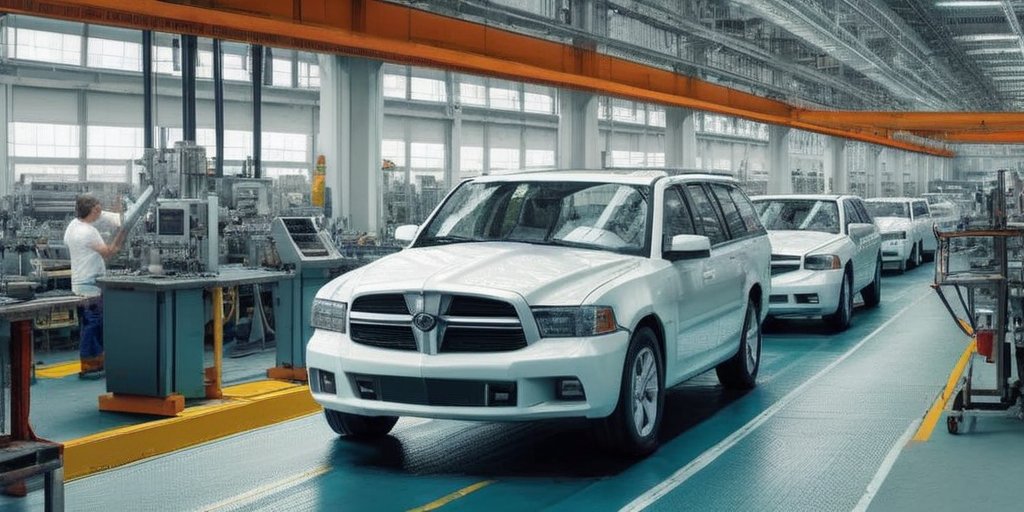In a bold statement, President Donald Trump declared he “couldn’t care less” about the rising car prices due to his newly announced tariffs on foreign vehicles. Starting April 2, a 25% tariff on all imported cars and car parts will come into effect, igniting mixed reactions across the automotive industry.
Trump’s stance reflects his long-standing commitment to American manufacturing. During a recent NBC News interview, he expressed that higher prices on foreign-made cars might prompt consumers to purchase American-made alternatives, stating, “We have plenty” of domestic vehicles. Despite potential consumer backlash and concerns about increased prices, he remains steadfast in his approach.
Analysts warn that the implementation of these tariffs could disrupt production lines and escalate costs for consumers. A CBS News poll revealed that 72% of Americans anticipate price hikes, contributing to a general sentiment that the Trump administration is not addressing cost reductions effectively.
In response to concerns from the automotive sector, Trump’s senior trade advisor, Peter Navarro, encouraged the public to have faith in Trump’s strategies. He argued that prior tariffs on China ultimately led to price stability and prosperity, claiming that foreign manufacturers will largely absorb the tariff costs.
Additionally, Trump mentioned the potential for increased manufacturing within the U.S., drawing attention to union leader Shawn Fain’s perspective that tariffs are a necessary strategy to revive domestic production. Fain noted that companies have expressed intentions to relocate their manufacturing to the U.S. should these tariffs proceed.
Amid these discussions, Trump reiterated his firm position against delaying the tariffs and hinted at potential negotiations if significant value could be offered by trading partners. Furthermore, he hasn’t shied away from announcing secondary tariffs on Russian oil, should progress on Ukraine ceasefire talks lag, further complicating the international trade landscape.
The repercussions of Trump’s tariffs extend beyond the U.S. border, as global leaders express concerns over retaliatory measures. The UK has indicated it may respond firmly if necessary, while countries such as Germany, France, and China have voiced significant opposition, pledging to protect their economic interests.
Trump’s comments and the decision to impose tariffs reveal his uncompromising approach to trade policy, further polarizing views on his administration’s handling of international relations concerning manufacturing and consumer costs. With the auto industry bracing for impact, the next few weeks could redefine the landscape of U.S. auto manufacturing and consumer pricing.
